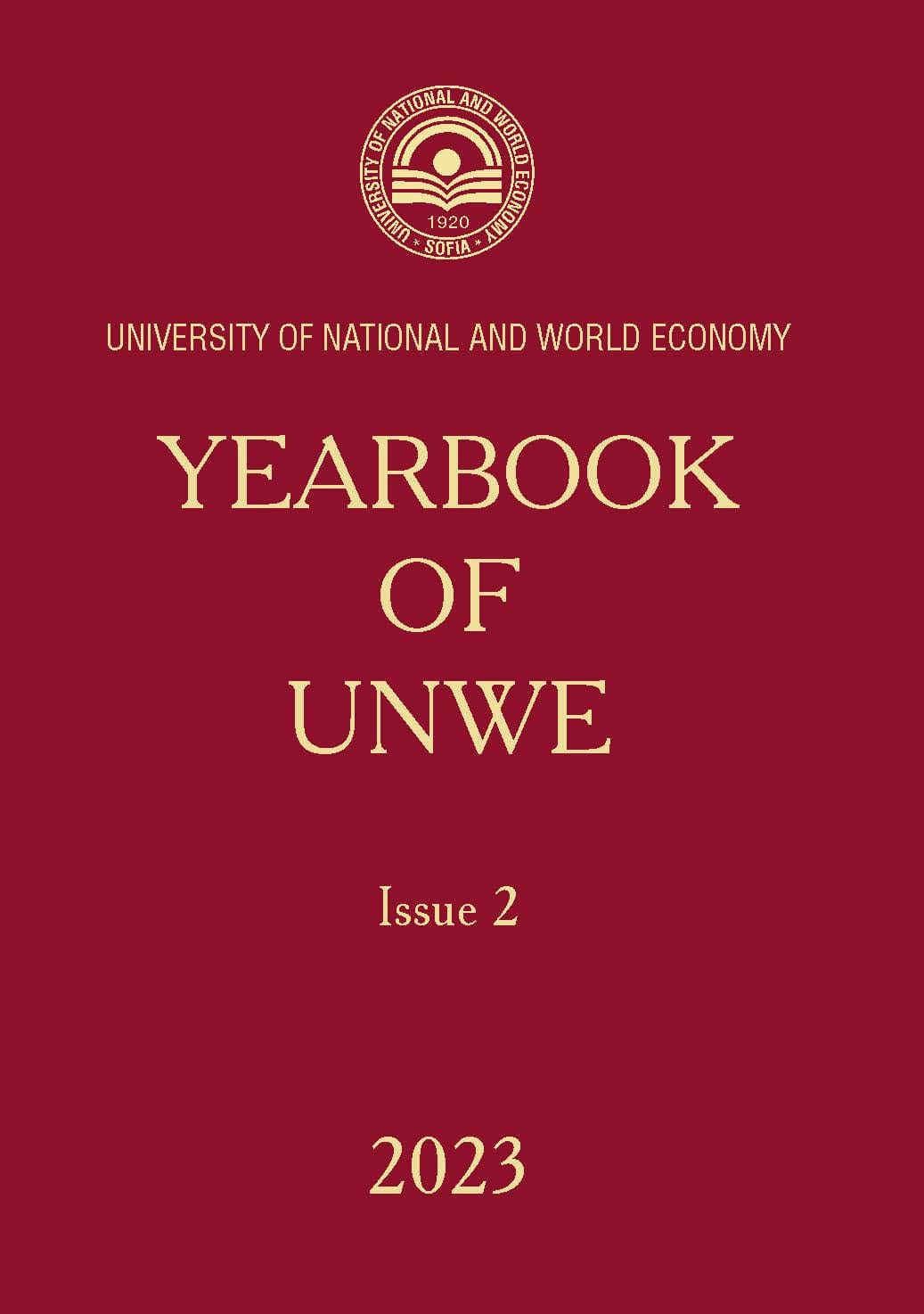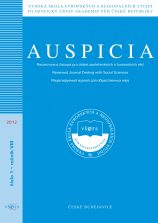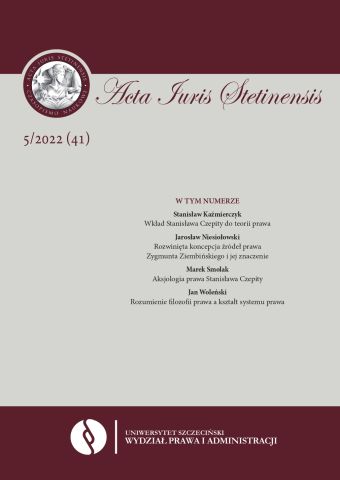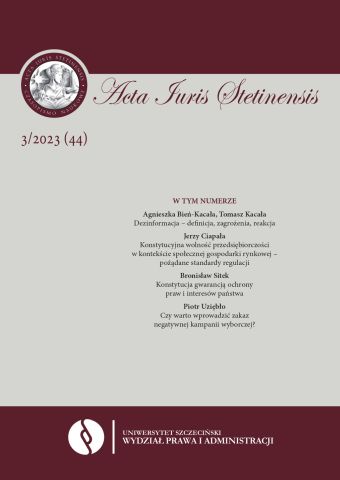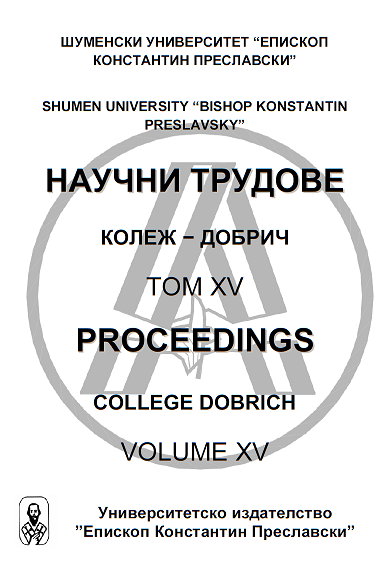The problem with implementation of human rights in the execution of European arrest warrant
In this paper, the author will deal with practical cases from execution of the European arrest warrant. Often there is a negation of the rules in practice, in the matters of EAW the most common violations are inhumane conditions in prisons and disregard of basic court procedures. In cases which the author analyzed there were serious disregard of court procedures. These kind of violations, member states of European Union, primarily as arranged democratic states must not allow themselves. Author will analyze not just the controversial cases, but also, generally defined Councils Framework Decision on the European arrest warrant, and which problems that causes. In some cases, we have a problem of non-compliance of national law with the Framework Decision, which creates even bigger problems with execution of EAW. The author will address the issue of extradition linked with delicate issues of the state sovereignty, and in which cases EAW is a means for manipulation and used with political purpose. Objectives of the author are to classify human rights violations, based upon practical examples, and to identify the causes that lead to them and at the end to clearly state positive and negative sides of EAW. The author believes that the EAW provides much more benefits than harm, and will present her conclusions how much room for improvement of the regulations and procedures, is there.
More...
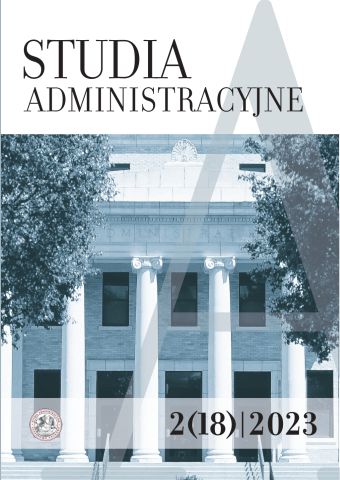
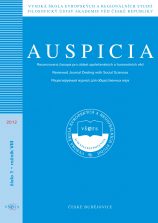
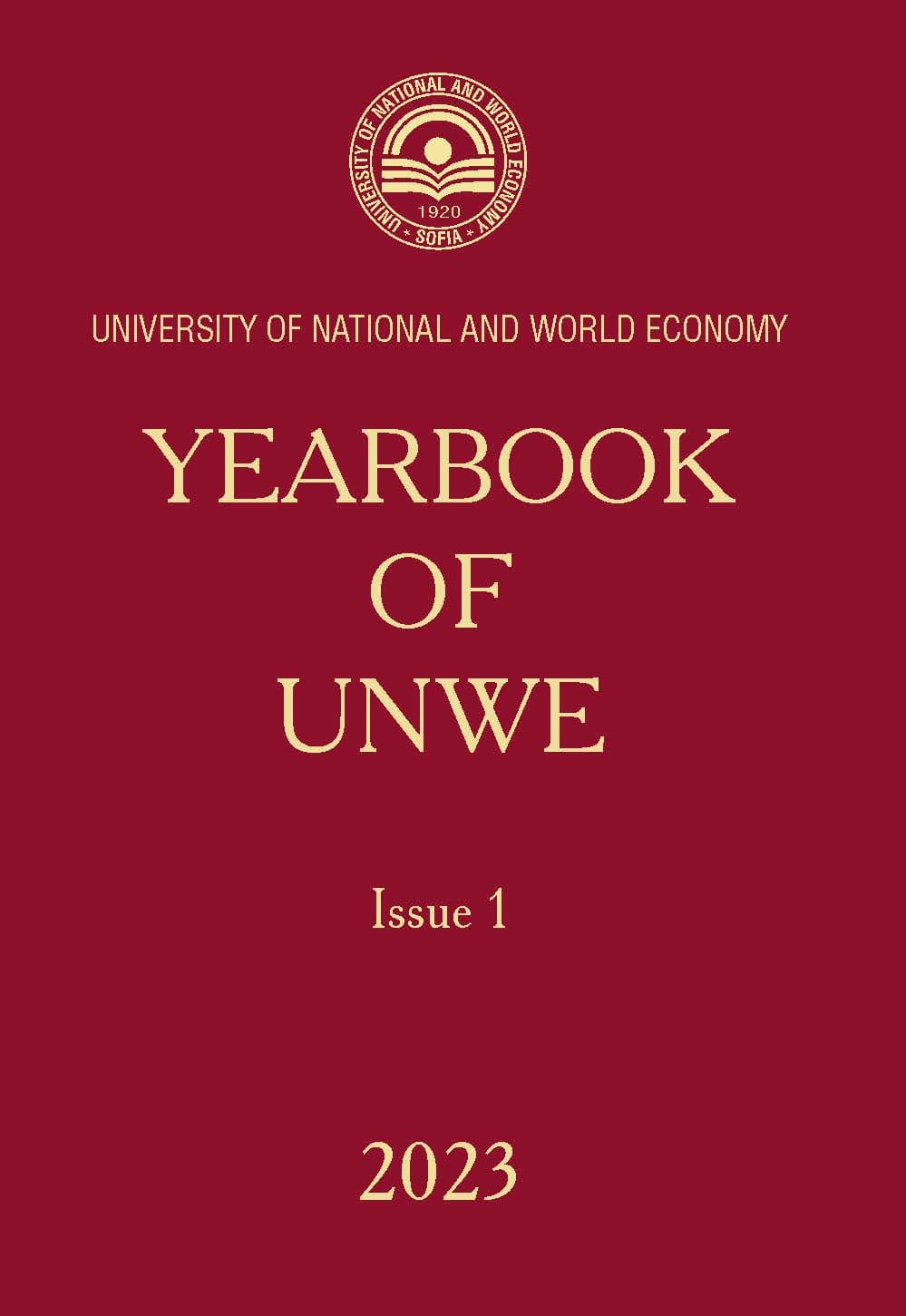
![Prometno pravo : [tematska bibliografija]](/api/image/getissuecoverimage?id=picture_2023_80127.jpg)
